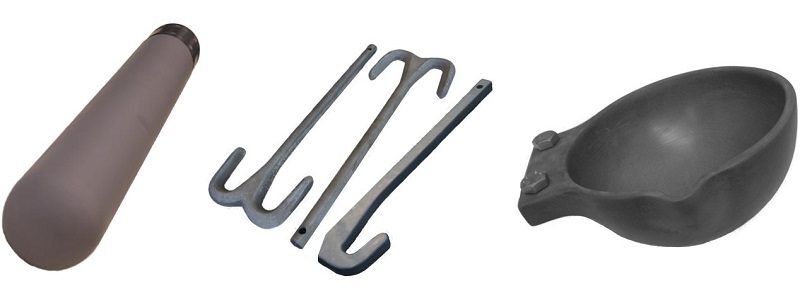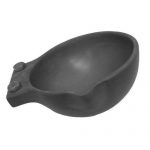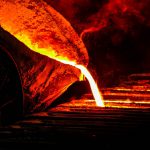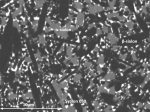Technical sialon ceramics are manufactured for refractory applications, providing improved thermodynamic capacities over established industry materials such as alumina (Al2O3) and zirconia (ZrO2). Sialon ceramics are unique for their exceptional balance of thermal and mechanical properties, including superior thermal shock resistance and mechanical integrity under temperatures exceeding 1400°C (2552°F).
This article will outline the meaning of coefficient of thermal expansion (CTE), and explore the importance of this property of high-performance sialon ceramics:

What is a Thermal Expansion Coefficient?
It is a well-established principal that all solid materials expand when subjected to increased temperatures and contract when they are cooled, albeit some materials more so than others, which nonetheless represents distinct challenges for component materials in demanding thermal applications. The coefficient of thermal expansion (CTE) refers to the behavior of distinct materials subjected to temperature variations at consistent pressures. This value determines the severity of material size changes per degree of temperature change in a linear or volumetric plane, both of which are expressed as n x 10-6/K.
- For more information, read our previous blog post Thermal Properties of Silicon Nitride: Thermal Conductivity
Importance of Thermal Expansion Coefficients
The magnitude of thermal expansion generally increases concurrently with rising temperatures. At relatively low thermal values, the CTE is expected to display a proportional relationship between expansion and increased temperature. Greater thermal values complicate the thermodynamic properties of solid expansion however, particularly in instances where components are physically constrained. Dimensional changes in such instances can cause materials to fracture and fail, so low CTE materials are preferable in refractory applications with rigid equipment or component housings.
Extreme temperatures can skew CTE measurements so there is a disproportionate relationship between higher thermal values and volumetric change, resulting in more complex mechanical instability. This can cause detrimental thermomechanical stress within the material’s mineral structure.
Technical Ceramics and Thermal Expansion Coefficients
Technical ceramics typically exhibit a lower CTE than metals due to their distinct structural makeup and low thermal conductivity. Metal alloys tend to exhibit thermal expansion coefficients in the range of 10 – 30 x 10-6/k. Sialon ceramics boast CTE as low as 3.0 x 10-6/k, reflecting ultra-low subjectivity to expansion at excessive temperatures. This resistivity to thermal expansion also enables the material to retain its physical integrity throughout continuous use, whereas conventional materials may begin to display signs of thermal warping or risks of fracture during long service lives or continuous hours of operation.
Sialon Ceramics from International Syalons
International Syalons has focused on the improvement of technical sialon ceramics for decades, having patented the material and developing it for distinct application requirements. We are committed to finding new uses for the material and unlocking the highest thermal and mechanical capacities possible. Several of our sialon grades have been improved to provide exceptional thermal stability with a CTE of 3.0 x 10-6/k, including Syalon 101, Syalon 110, and Syalon 201. This entire family of ceramics is highly formable and can be used in an enormous range of applications.
- To learn more about high CTE materials in action, read our previous blog post Syalon 101 Extrusion Dies for Copper, Brass, and Nimonic Alloys
If you would like any more information about the thermal properties of our sialon ceramics, please do not hesitate to contact us.



